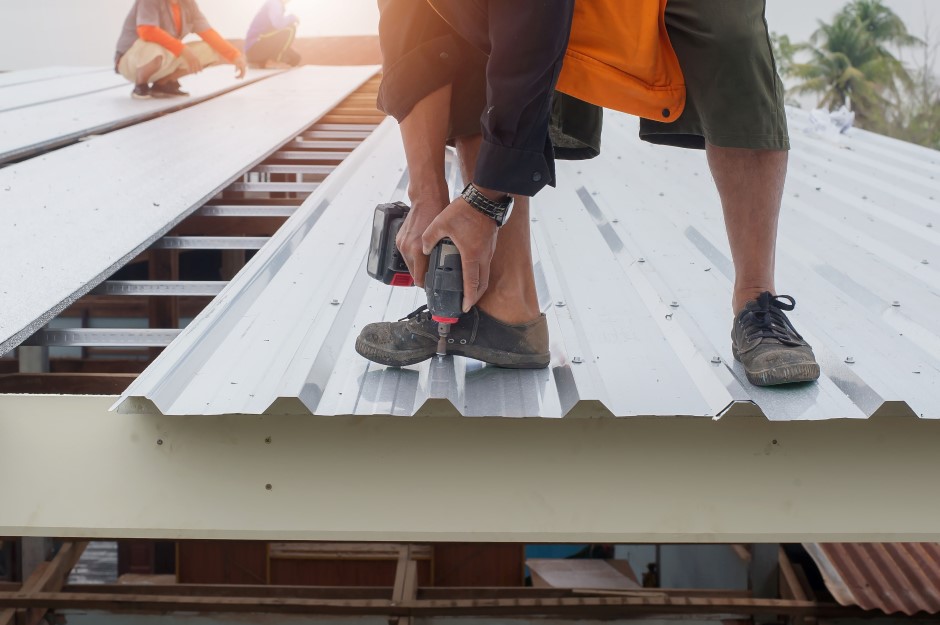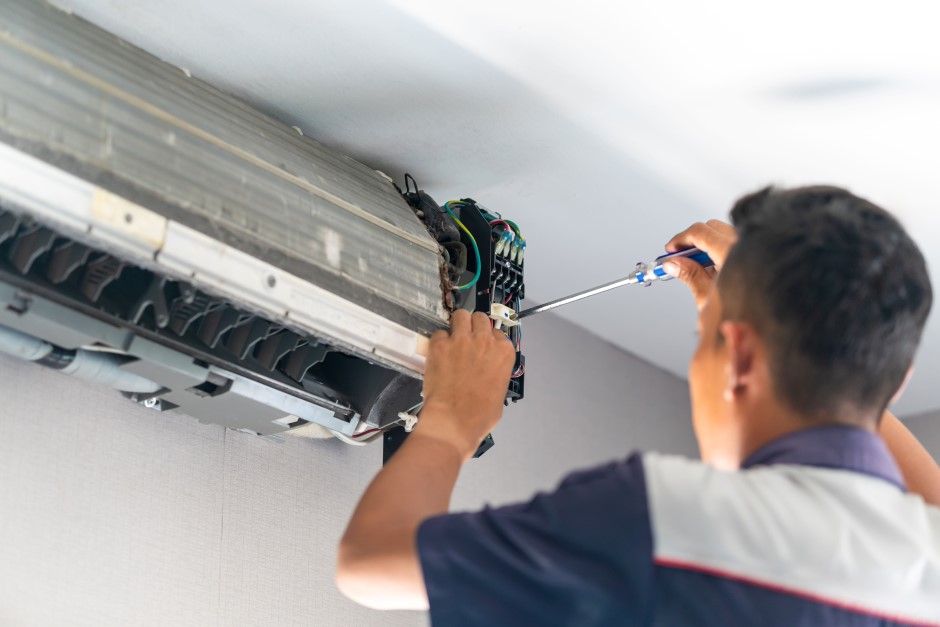Solar panels are becoming more popular in recent years as people are getting tired of paying expensive energy bills and are becoming more concerned about the carbon footprint they’re leaving on the Earth. While the cost of solar panels has gone down about 60% since 2011, they still carry an expensive price tag if you choose to buy the panels upfront. Luckily, there are incentive programs in place to help make the switch to renewable energy lighter on your wallet. Here’s what to take into account when considering switching to solar panels.
How Much Sun Do You Get?
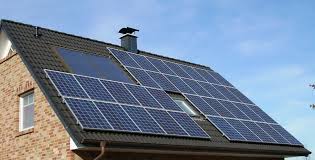
If you live in an area that gets a decent amount of sun with relatively few clouds, then you’re off to a great start. The best areas for solar panels are California, Texas, Florida, some parts of the southwest (desert areas), and parts of the southeast. Most of the rest of the country is considered having “moderate” sun exposure. While not as sunny as other areas, solar panels are still an option especially since the technology is getting better at producing energy even on cloudy days. Only a few places in the Great Lakes area and Alaska get poor sun exposure and are probably not going to produce enough energy for your home to comfortably be sustained by solar power.
Pricing and Incentives
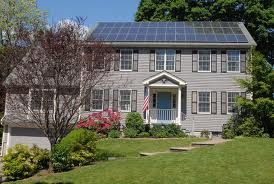
While it’s true that solar panels will eventually pay for themselves with the money they save on your electric bill, the upfront cost of buying a solar panel system and having it installed is anywhere from $15,000 to $35,000. This may be a bit more than you’re willing to shell out initially, but that’s before the 30% federal tax credit and state incentives. Leasing the solar panels may be another option worth considering. You can find a company that installs and maintains the solar panels, keeps the government subsidies, and then leases the system back to you. It certainly is much cheaper initially, and your monthly bill will most likely be less than what you’re paying now, but it won’t pay itself back nearly as quickly. If you’d like to see how buying and leasing would work for you, check out this calculator. It can run the numbers for you to see what the price difference between buying and leasing would be.
Maximizing Solar Energy
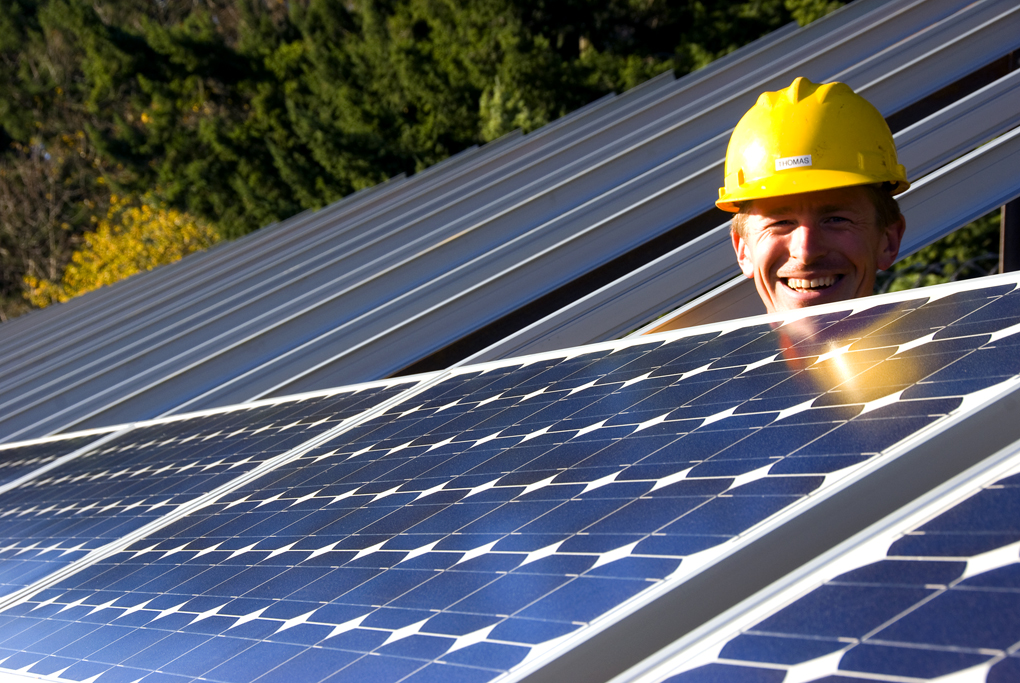
You may think that getting solar panels will instantly cut your electrical bill in half, and you’re partially right. Solar panels certainly help with your monthly bills, but to maximize their power, you have to minimize your electrical usage. To do this, switch out your light bulbs. Use CFLs or LED lights instead. They use less electricity and usually last longer than regular light bulbs. You can also take a look at which appliances you use on a regular basis. If you only use your stereo in the basement on weekends, unplug it during the week. Plug your kitchen appliances into a power strip and turn it off at night. Small changes to your electricity usage can drastically increase the effect of solar panels in your home.



